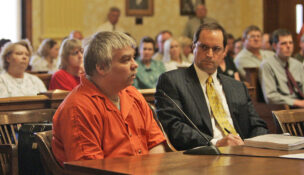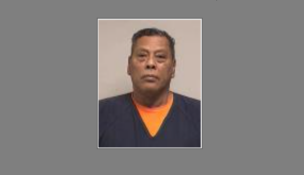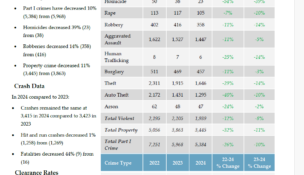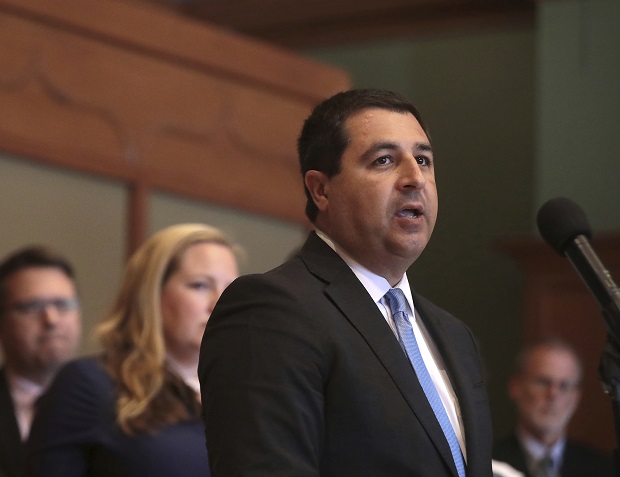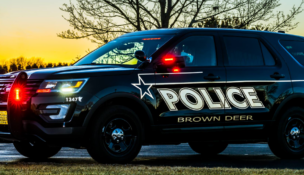High court to hear testimony on proposed changes to evidence, reciprocity rules
By: Erika Strebel, [email protected]//September 20, 2017//
High court to hear testimony on proposed changes to evidence, reciprocity rules
By: Erika Strebel, [email protected]//September 20, 2017//
The Wisconsin Supreme Court will hear testimony on Monday about proposed changes to the court’s law-license reciprocity rules and rules of evidence.
The hearings will start at 9:30 a.m. Monday in the Capitol’s Supreme Court Hearing Room.
First up will be the Judicial Council’s proposal to change certain state rules of evidence, including one that governs when past criminal convictions can be introduced to impeach a witness, one relating to the impeachment of witnesses using “specific acts” and another involving the admissibility of writings and recorded statements.
The council had previously presented the changes to the court, which sent the proposal back to the council for revision. The council re-filed a modified proposal, and the court voted last term to give it another hearing.
Staff attorney April Southwick will be defending the council’s petition alongside council member Tom Shriner.
So far, no one has submitted written testimony either in support of or opposing the council’s proposal.
The second proposal the justices will be hearing Monday involves the state’s reciprocity rules to allow attorneys who are licensed in other states and have only done legal work for a federally recognized Indian tribe to be waived from taking Wisconsin’s bar exam.
The proposal was filed last year by the Stockbridge-Munsee Community, which ran into trouble when its newly hired tribal prosecutor’s application for admission to the bar was rejected. Although community’s tribal prosecutor had maintained a license in good standing in Minnesota and had more than seven years of experience in Indian law, much of it doing legal work for another tribe, her experience, under the state’s rules, did not count as “proof of practice” that would waive her from having to take the bar exam.
Lawyers can be admitted to practice in Wisconsin in three ways. They can: sit for the bar exam; attend and graduate from an in-state law school and thus gain access through the so-called diploma privilege; or present proof that they have practiced in another state or territory or for the federal government for three of the past five years. Whether legal work for federally recognized tribes counts as proof of practice is a gray area under the court’s current rules and case law.
While the concept is simple, finding the precise language to use was a challenge. Over the spring and summer, the Stockbridge-Munsee, Board of Bar Examiners and representatives of the state’s tribal courts spent the spring and summer exchanging ideas on how the proposal ought to be modified.
The Stockbridge-Munsee reached an agreement with the Board of Bar Examiners in August, coming up with revised language for the proposal. The proposed change would also allow someone’s work as a judge for a federally recognized Indian tribe to count as proof of practice.
Dennis Puzz, general counsel for the Stockbridge-Munsee, will be giving a presentation on the proposal to the justices at Monday’s public hearing. Follow @erikastrebel
Legal News
- Steven Avery prosecutor Ken Kratz admits ‘mistakes were made’
- Colombian national extradited to Milwaukee faces International narcotics-trafficking conspiracy charge
- MPD: Milwaukee homicides down nearly 40 percent compared to last year
- EVERS: Republican lawmakers No-Show at special meeting to release statewide PFAS funding, stabilize healthcare access
- Wisconsin ICAC Task Force conference on Missing and Exploited Children highlights increase in sextortion cases
- More than 300 Wisconsin officers back in law enforcement after being fired or forced out
- Former Trump staffer who said to ‘fan the flame’ after 2020 loss hired to lead Wisconsin GOP
- Gov. Evers appoints David Casey to Serve as DOR Secretary
- Former Marine sentenced for Molotov Cocktail attack against Planned Parenthood Clinic
- ABA names 34th Annual Margaret Brent Women Lawyers of Achievement Awards honorees
- FBI launches criminal investigation into Key Bridge collapse
- Man charged in slaying after woman’s leg found at Milwaukee-area park
WLJ People
- Power 30 Personal Injury Attorneys – Russell Nicolet
- Power 30 Personal Injury Attorneys – Benjamin Nicolet
- Power 30 Personal Injury Attorneys – Dustin T. Woehl
- Power 30 Personal Injury Attorneys – Katherine Metzger
- Power 30 Personal Injury Attorneys – Joseph Ryan
- Power 30 Personal Injury Attorneys – James M. Ryan
- Power 30 Personal Injury Attorneys – Dana Wachs
- Power 30 Personal Injury Attorneys – Mark L. Thomsen
- Power 30 Personal Injury Attorneys – Matthew Lein
- Power 30 Personal Injury Attorneys – Jeffrey A. Pitman
- Power 30 Personal Injury Attorneys – William Pemberton
- Power 30 Personal Injury Attorneys – Howard S. Sicula





